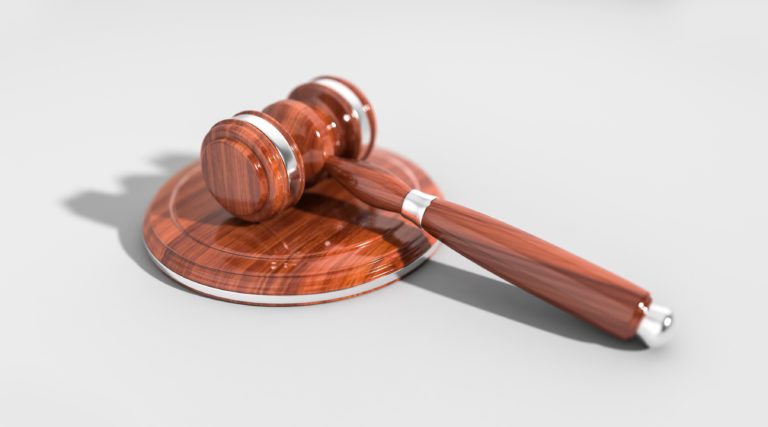
Bankruptcy has a stigma attached to it that might bring shame to individuals who are even considering filing. In reality, bankruptcy is designed to assist individuals who are struggling financially. It is a tool to be used to get individuals back on their feet. If you are considering filing for bankruptcy, you are probably filled with questions. Continue reading to discover what an automatic stay is, how it can benefit you, and the different types of bankruptcy to consider filing for.
Reach out to an experienced attorney who is willing to walk you through this process with your best interest in mind. Our firm is happy to answer any questions you might have regarding bankruptcy and what the best route to take might be.
What is an automatic stay?
An automatic stay will go into effect when an individual files bankruptcy. This will prevent all lenders and collection agencies from engaging in any collection activities. Such activities that are prevented include home foreclosures, repossessions, wage garnishments, incessant phone calls, and more.
How can an automatic stay benefit me?
An automatic stay has many benefits to those who have filed for bankruptcy. The following are the most apparent benefits of an automatic stay:
- An automatic stay will immediately go into place after filing for bankruptcy.
- All collection activities will be stopped by an automatic stay.
- The automatic stay will stop debt collection. It will stop lenders and collection agencies from engaging in collection activities.
- Once bankruptcy is filed, the automatic stay will stop the individual from being harassed by collection agencies. Some agencies have a reputation to harass the debtor with phone calls and threats.
- Most importantly, the automatic stay will give the debtor enough room to breathe and regroup. This is priceless and will allow the debtor to develop a strategy to recover financial stability.
Which type of bankruptcy should I file for?
Chapter 7 and Chapter 13 are the two primary types of bankruptcy that individuals will file. Depending on your financial situation, you will want to file for one over the other.
For instance, you will have to prove that your family income is less than the average family income in your county. You will also have to prove that you can no longer pay off our debts in order to file for Chapter 7. Chapter 7 bankruptcy will fully discharge the following:
- Medical bills
- Personal debts
- Credit card debts
However, there are nondischargeable debts within Chapter 7 bankruptcy to consider including the following:
- Child support
- alimony payments
- Owed money from lawsuits
- College student debt
Chapter 13, on the other hand, is typically utilized for individuals with assets valued at the average family income in their county. You will establish a 3-to-5 year plan with the Bankruptcy Court. This plan will include how you will pay off your debt at a rate that your income and daily expenses allow.
Contact our experienced Rockland County, New York firm
The Law Offices of Allen A. Kolber, Esq. effectively represents clients facing Bankruptcy in Rockland County and all of New York State. Our firm understands the stress one can feel when facing a difficult financial future. Our compassionate staff will work to ease your fears and help you make a new start. If you need quality legal support, contact The Law Offices of Allen A. Kolber, Esq.






